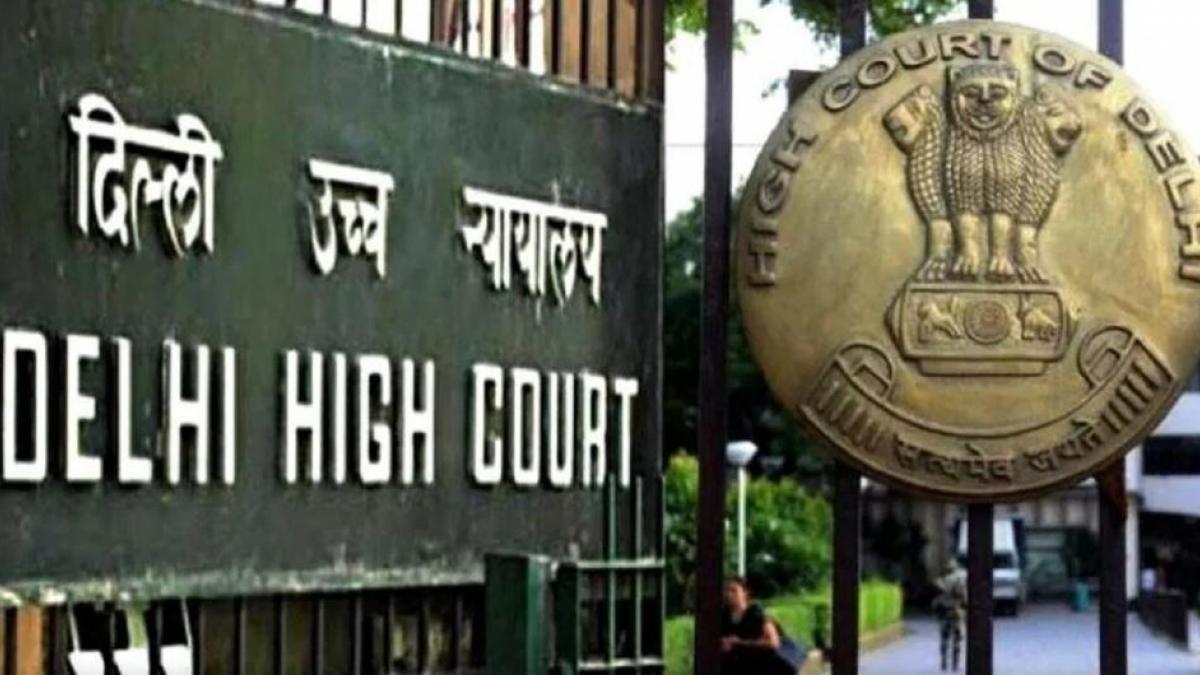The Delhi High Court in the case Rajeev Chhatwal Versus Commissioner Of Goods And Services Tax (East) observed and has held that Section 67(2) of the GST Act does not empower the seizure of currency available on the premises during a search.
The bench comprising of Justice Vibhu Bakhru and Justice Purushaindra Kumar Kaurav in the case observed and has directed the department to remit the amount seized to the bank account of the petitioner within the period of two weeks, along with accrued interest.
The petitioner in the plea seek the direction which is to be issued to the respondent or the department in order to release the Indian currency which amounts to Rs. Rs.15,92,000, which was being seized by the respondent during the search.
In the present case, the respondent or department conducted a search stated under section 67 of the Central Goods and Services Tax Act at the residential premises of the petitioner. It has also been claimed by the petitioner which being prior to search, he had joined the investigation. The department in the case had no reason to conduct any search at the premises of petitioner’s, particularly as he is not a ‘taxpayer’ under the CGST Act.
The court in the case observed and has stated that the concerned officers seized various documents as well as currency lying in a locker at the petitioner’s premises. Thus, the petitioner in the plea claimed that he was not present at the time of the search, but the family members who were present at the material time requested that the officials not seize the amount as it belonged to the family.
The court averred that they explained that the currency was kept in the locker as a precautionary measure because the house was under renovation or construction and a number of labourers were working at the premises.
It has also been claimed by the department that the petitioner had made a voluntary statement and admitted that he was involved in a racket involving the issuance of fake invoices along with other accused.
Further, the department claimed before the court that the persons have issued invoices from various firms without the supply of goods, resulting in an input tax credit (ITC) of approximately Rs. 11 crores being availed of. Thus, the petitioner was summoned on various dates.
It has also been alleged by the petitioner in the plea that that the petitioner attempted to evade the investigation but finally appeared before the concerned officers on 29.02.2020.
The court while considering the facts and circumstances of the case stated that the Section 67(2) of the CGST Act does not empower any seizure of the currency. It was also clarified by the said court that the department was not precluded from taking any steps or measures as available in accordance with the law.





